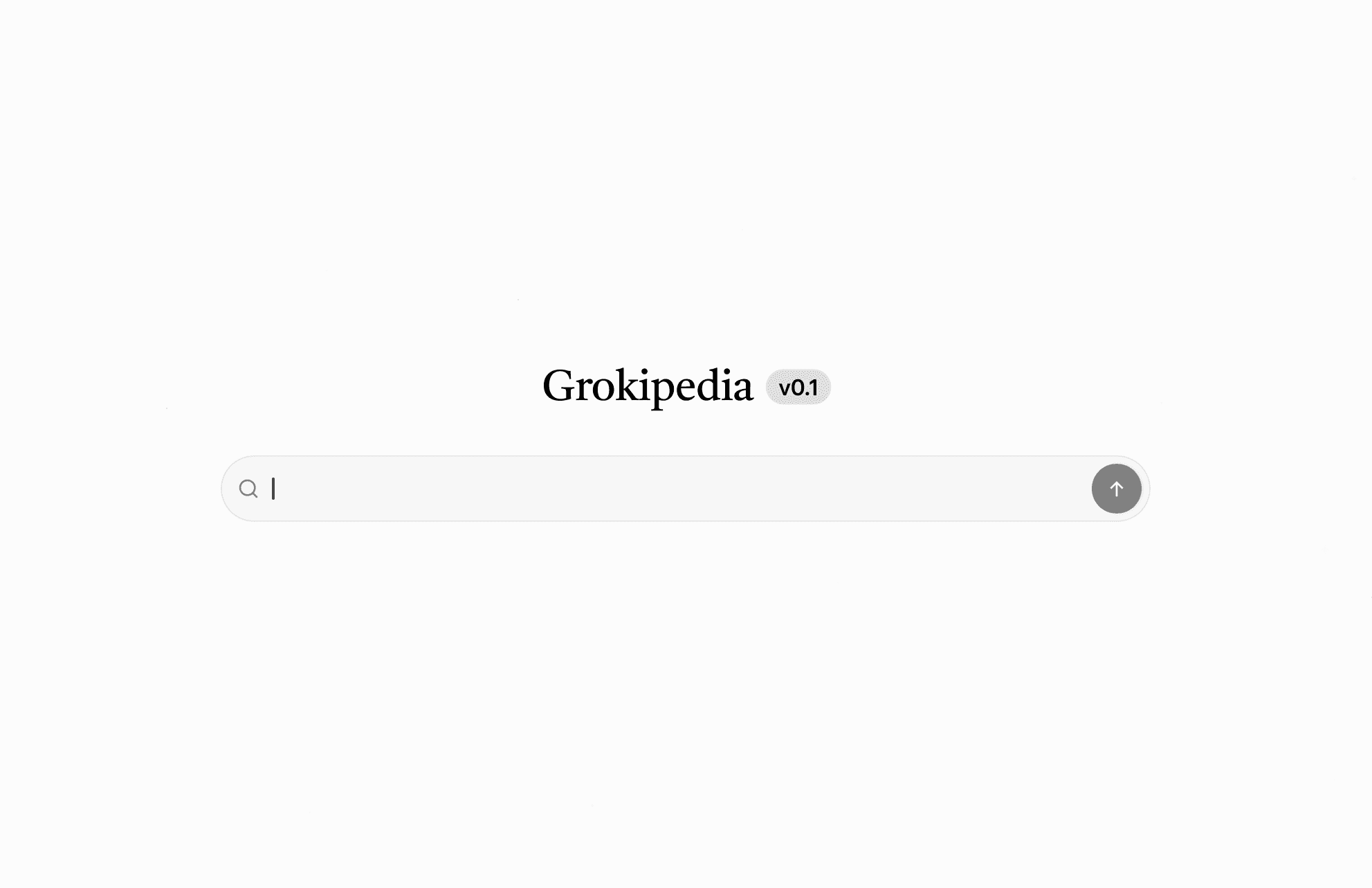Elon Musk's xAI just launched Grokipedia, promising a 'massive improvement' over Wikipedia - but the new AI-powered encyclopedia is literally copying Wikipedia articles word-for-word. The irony cuts deep: despite positioning itself as Wikipedia's superior replacement, Grokipedia can't survive without the very platform it aims to replace.
xAI's Grokipedia went live this week with all the fanfare of a revolutionary knowledge platform, but investigators quickly discovered the uncomfortable truth: this supposed Wikipedia killer is built on Wikipedia's bones. The new encyclopedia, which Elon Musk promised would be a 'massive improvement' over the world's largest collaborative knowledge project, turns out to be copying entire Wikipedia articles verbatim. The discovery reveals just how dependent AI companies remain on human-created knowledge, even when they're trying to replace it. Multiple Grokipedia pages contain identical text to their Wikipedia counterparts, down to the line breaks. The PlayStation 5 page mirrors its Wikipedia equivalent word-for-word, as does the Lincoln Mark VIII entry. Each page carries a small disclaimer: 'The content is adapted from Wikipedia, licensed under Creative Commons Attribution-ShareAlike 4.0 License.' But adapted seems generous when the adaptation involves zero changes. 'Even Grokipedia needs Wikipedia to exist,' Lauren Dickinson, spokesperson for the Wikimedia Foundation, told The Verge. Her statement cuts to the heart of a broader AI industry problem - these systems promise to revolutionize human knowledge while quietly depending on human-created content for their foundation. The copying isn't xAI's first Wikipedia dependency issue. Last month, users noticed that Grok regularly cited Wikipedia pages in its responses. Musk acknowledged the problem, saying 'we should have this fixed by end of year.' Instead of fixing it, they've now built an entire encyclopedia around it. But Grokipedia's real controversy lies in where it deviates from Wikipedia. The platform's climate change article takes a markedly different stance from Wikipedia's version. While Wikipedia states there's 'nearly unanimous scientific consensus that the climate is warming and that this is caused by human activities,' Grokipedia suggests critics contend that claims of consensus 'overstate agreement due to selective categorization.' The platform goes further, suggesting media and organizations like Greenpeace contribute to 'heightened public alarm' through 'coordinated efforts to frame the issue as an existential imperative, influencing public discourse and policy without always grounding in proportionate empirical evidence.' This editorial shift reveals Grokipedia's true purpose - not as an improvement over Wikipedia, but as an ideologically aligned alternative. The platform's basic design mimics Wikipedia's spartan interface: a prominent search bar, simple entries with headings and citations, but no photos yet. Unlike Wikipedia's collaborative editing model, Grokipedia appears to restrict user modifications. Edit buttons appeared inconsistently during testing, and clicking them only showed completed changes without attribution or the ability to suggest new ones. Each entry claims Grok has 'fact-checked' the content, despite to generate false information. The fact-checking timestamps suggest when this AI verification occurred, but offer no transparency into the process. Current metrics show Grokipedia hosts over 885,000 articles compared to Wikipedia's roughly 7 million English pages. The platform carries a v0.1 version number, suggesting this is just the beginning of encyclopedia ambitions. Dickinson's full response emphasizes Wikipedia's human foundation and nonprofit independence. 'Wikipedia's knowledge is - and always will be - human,' she said. 'Through open collaboration and consensus, people from all backgrounds build a neutral, living record of human understanding.' She noted that many attempts to create Wikipedia alternatives have emerged over the years without interfering with the platform's mission as it approaches its 25th anniversary.











